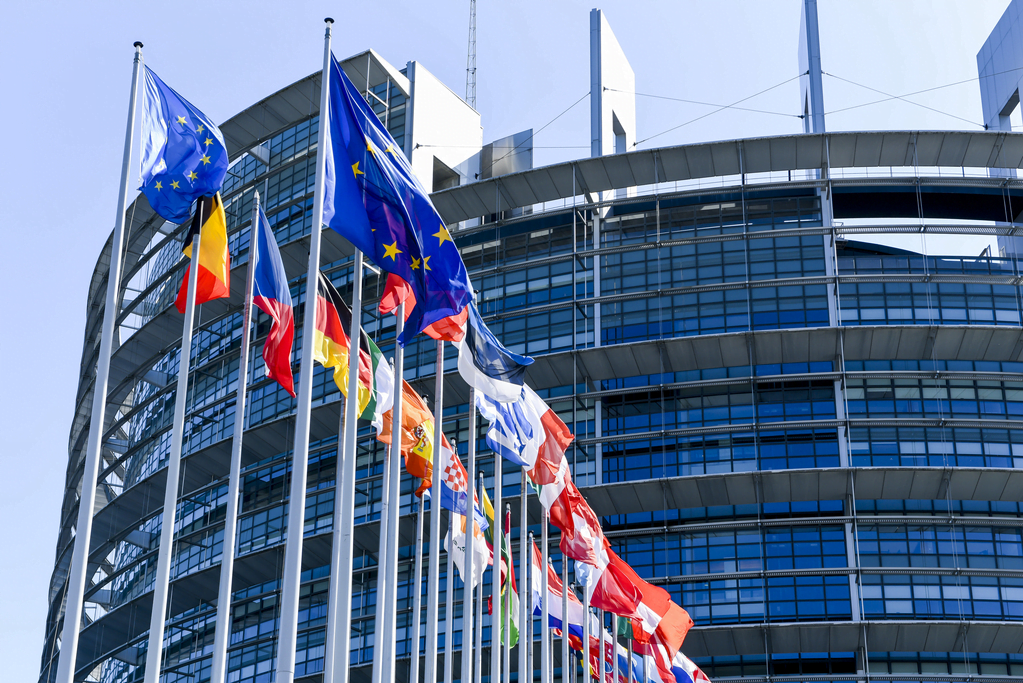EU Crypto Licensing Regime Set for Approval as Lawmakers Signal Support – In a Wednesday debate, EU parliamentarians from all parties showed their continued support for the bloc’s landmark Markets in Crypto Assets regulation (MiCA), implying the licensing law will easily pass a vote scheduled for Thursday.
MiCA, the major political principles of which were agreed upon last year, would allow crypto exchanges and wallet businesses to provide regulated services within the bloc while also requiring stablecoin issuers to keep appropriate reserves. Speakers from the European People’s Party, Socialists and Democrats, Renew Europe, and European Conservatives and Reformists all praised the measures.
People Also Read: Canadian Police Launch Cryptocurrency Investigations Center
Assuming that all members of those parties vote in accordance with the law, it appears that it will easily obtain the necessary majority in a vote scheduled for Thursday. “Europe can be proud of the step we’re taking today,” Lídia Pereira, of the center-right EPP which constitutes the biggest political grouping in the European Parliament, told fellow lawmakers.
“As we’ve seen in recent months, stringent rules and supervision are very much needed,” the European Commission’s Mairead McGuinness said, citing the collapse of crypto companies FTX, Celsius, Voyager, and the stablecoin terraUSD, and referring to provisions intended to protect consumers, avoid market abuse, and curb money laundering.
MiCA should “restore the trust that was damaged by the FTX case” and bring stability to the sector, said Stefan Berger, the German center-right lawmaker who led the parliament’s negotiations on the law, adding that it will put the EU “at the forefront of the token economy.”
People Also Read: Jack Dorsey’s – Block Officially Building Open Bitcoin Mining System
Lawmakers also expressed approval for the Transfer of Funds rules, a separate but contentious anti-money laundering policy that requires cryptocurrency providers to collect information about their users’ identities. Agreement on the laws marks “the end of the ‘Wild West’ era for the unregulated world of crypto assets,” said the Green grouping’s Ernest Urtasun, adding that the sector had “provided a safe haven for fraudsters and international criminal networks.”
Before the measures become law, the agreement reached by negotiators for the parliament and the EU’s Council, representing member states, must be legally rubber stamped by both institutions, a move that has been hampered by administrative delays in finalizing and translating the text.




